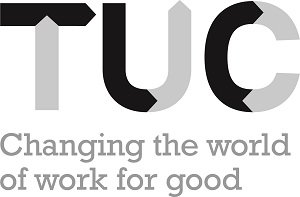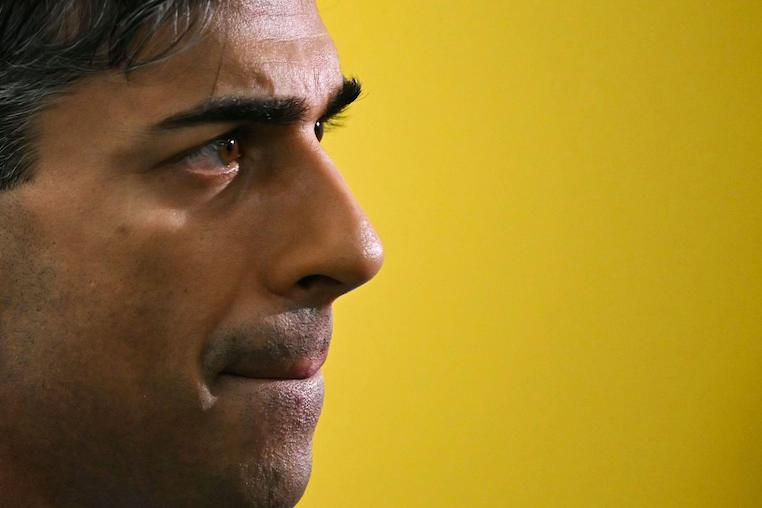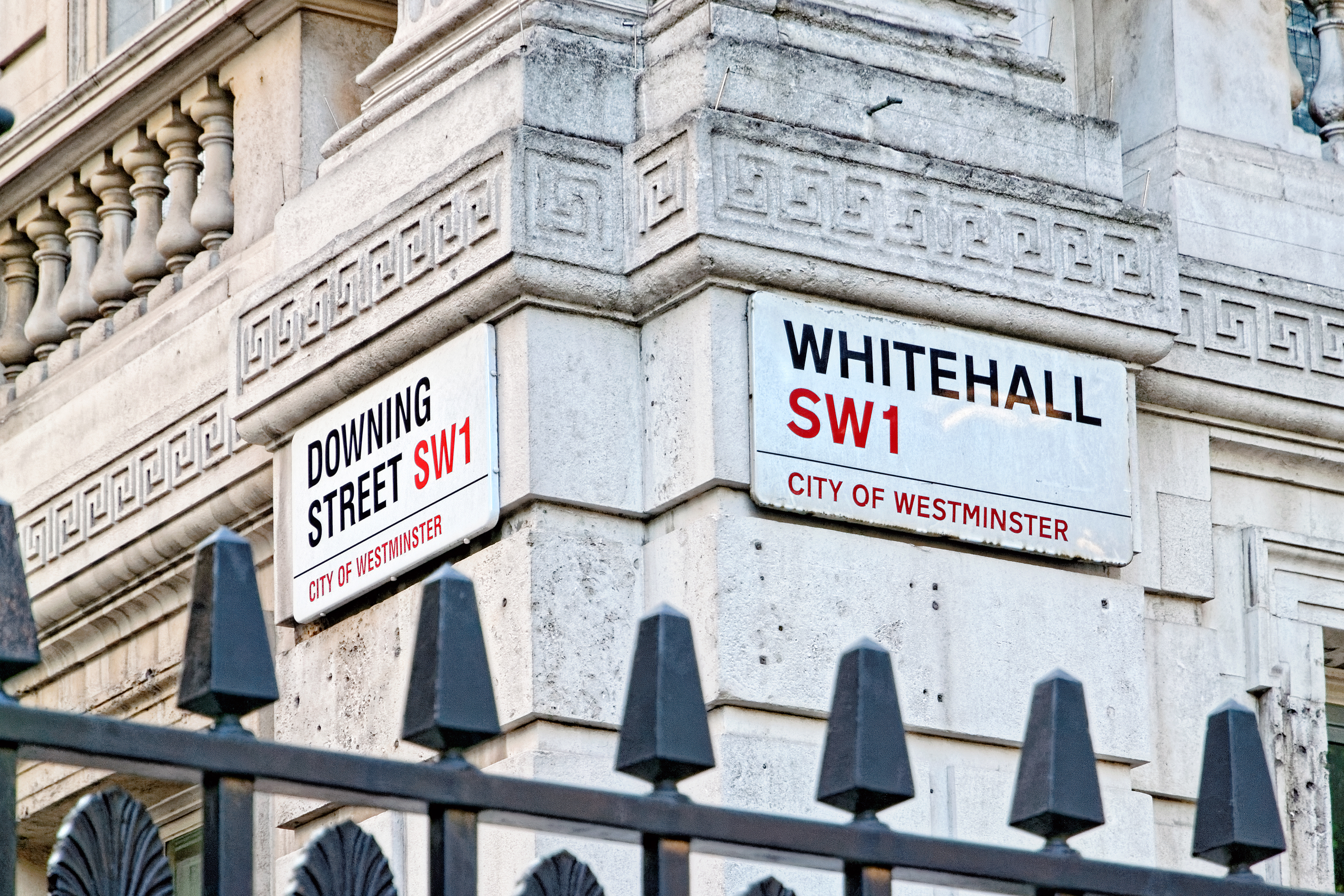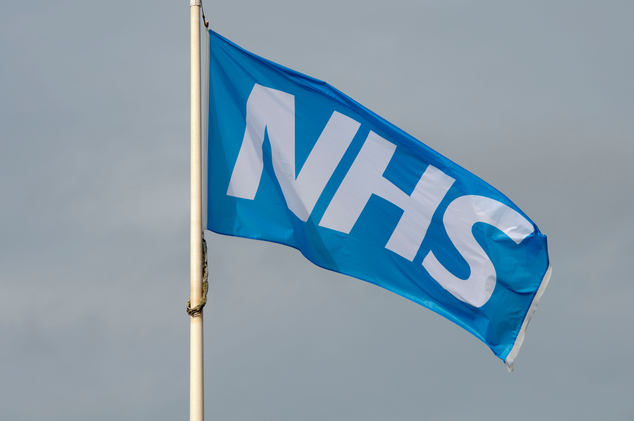Recycling is the process in which waste materials are recovered and reprocessed into new items.
In an age where the global population is growing exponentially and resources are rapidly declining, recycling is seen as one of the most effective means of conserving the natural world.
In the UK the household recycling centre plays an important role in the overall waste management strategy. A resident of a particular local authority, one paying council tax in that area, is able to use the local household waste recycling centre.
The facilities have trained staff, with opening times and the booking system required to arrange a visit, typically found on the local council website.


What are the benefits of recycling?
Re-using materials saves natural resources, reduces energy usage, and minimises the amount of rubbish sent to the UK’s 1,500 landfill sites each year.
Where materials are not recycled, new products are made by extracting raw material from the Earth, typically involving mining, quarrying or logging. Substances are then refined and treated, before taking their final form as practical materials. This process is a timely, expensive, and gives rise to substantial air pollution and water pollution.
By contrast, recycling products reduces production time and costs, while preserving the world’s finite resources. Making paper from recycled paper uses 40% less energy than fresh wood fibres and reduces the global demand for deforestation. Producing aluminium from recycled tins consumes up to 95% less energy than when using aluminium which is mined fresh as a raw material.

By saving energy, recycling also reduces greenhouse gas emissions which are proven contributors to global warming. As of 2020, UK recycling was estimated to have saved more than 18 million tonnes of CO2 per year. This equates to taking 5 million cars off the road.
From an economic standpoint, recycling also forms a vital component of a circular (or closed-loop) economic model. Unlike linear economies where products are single-use, circular economies reuse items and resources as frequently as possible. This reduces the costs incurred from production and waste disposal.
Recycling is generally acknowledged to be a cost-effective alternative to disposal. In 2017, Lambeth Council in London noted that it was six times cheaper to dispose of recycled waste than general refuse.
Household recycling
In 2019, only 45% of England and Scotland’s household waste was separated into recyclable materials. This was substantially lower than some of Europe’s most environmentally active countries. The figure was slightly higher at 50.6% in Northern Ireland and 56.4% in Wales.
In 2018, the local authority waste collected per person in the UK amounted to 384 kilograms, which is said to equate to roughly the weight of two adult male lions.
Household waste in total was said to amount to 31 million tonnes – the equivalent of three and a half million double-decker buses.
Less than half of this waste was recycled, and much of it was sent abroad to be disposed of, reused or recycled.
While the government continues to push household waste recycling centres, most strategies have been targeted towards businesses and manufacturers, where the implications of change are greater. In one 2019 poll of 2,500 adults in the UK undertaken by the waste firm Viridor, 87% of participants admitted to feeling confused about how and where to recycle packaging.
Current levels of confusion have suggested that further action is needed on a domestic level. The government is working to provide a greater supply of collection bins, while local councils are launching information campaigns set to boost household recycling rates. Should the situation not improve, the government may follow the footsteps of other European countries and apply monetary incentives for recycling waste.
Which materials can be recycled?
Despite regional and local variations, the Waste and Resources Action Programme published guidelines outlining which household materials are suitable for recycling. Recyclable material collected from each different recyclable box or compost bin is gathered and transported to a nearby recycling centre.
Plastics
Most plastic bottles are recyclable, provided they have been rinsed thoroughly and all labels removed. Mixed plastics such as yoghurt pots, plastic trays and tubs, clear plastic packaging and cosmetic bottles are all recyclable. Non-recyclable plastics include crisp or sweet packets, film lids, medicines packages, toothpaste tubes and plastic toys. 43.8% of plastics in the UK are said to be recycled.
Glass
Glass bottles of any colour, jars and cosmetic bottles are all recyclable. Glass cookware, drinking glasses, nail varnish bottles and mirrors are not suitable for recycling. 67% of glass is currently recycled in the UK, often at local banks dedicated for glass.
Garden Waste Collection
Almost all forms of garden material are collected for recycling. The waste must not contain any animal faeces, or be covered in plastic packaging. Soil, stones, and rubble are not permitted.
Paper and Cardboard
Most mixed paper, shredded paper, cardboard boxes, and card may be recycled. A select number of exceptions includes glitter-covered card, drinks cartons, adhesive paper and tissue. Paper is the most recycled material in the UK, with 90% of cardboard and paper recycled each year. All newsprint manufactured in the UK is now made from 100% recycled paper.
Food Waste
Food waste is either used as compost or converted into biogas. In most areas, all uneaten food waste is considerable recyclable, in addition to tea bags and coffee grounds. Food products must not be covered in any packaging, and liquids are not accepted.
E- recycling
Although not collected from households, an increasing range of small electrical items can be recycled at E-waste recycling units.
Industrial and business recycling
The 2015 Waste Regulations require private and public waste collectors to set up separate collection bins for recyclable materials. This applies to commercial waste, trade waste, industrial and household waste.
From January 1 2021-22, the government has set UK businesses recycling targets of 83% for paper, 82% for glass, and 87% for steel.
The NHS has separate arrangements for the disposal of clinical waste, with the Environment Agency regulating the disposal of hazardous waste.
Recycling and Brexit
Prior to Brexit, EU law played a significant role in increasing UK recycling rates. Following its departure from the European Union, the Government has stated that it remains “committed to making the most of our resources, to reducing waste and to increasing reuse and recycling.”
Brexit is viewed by many as an opportunity to rethink recycling strategies and boost the UK’s reputation as an environmentally active global player.
The European Union (Withdrawal) Act 2018 copied across all waste and recycling targets previously upheld in the EU. EU institutions will though no longer be able to act in monitoring and enforcing the UK’s commitments.
Export of recycled material
- Enviormental campaign groups such as Greenpeace have suggested that over half of the household plastic packaging the government claims is recycled is sent abroad, most of it going to countries with very low recycling rates and a serious problem with plastic waste being dumped or burned illegally. The amount the UK sends abroad is the equivalent of three and a half Olympic swimming pools every single day.
- Countries such as China are prepared to pay high prices for recyclables such as waste plastic. primarily because they do not have readily available sources of virgin materials such as indigenous forests or oil supplies. China in particular has a large manufacturing industry that requires these products.
- Those who support the export of recycled material point to how it reduces the need to use fresh natural resources thereby cutting energy use and carbon emissions during the manufacturing process. They argue the transport impact of exporting recycled materials is reduced because the the materials are transported in container ships returning to countries like China, after those same ships have brought goods to the UK.
- Quotes
“We are committed to going further and faster to reduce, reuse, recycle and cut waste. That’s why we are leading the way to move away from being a ‘throw-away’ society and drive-up domestic recycling.” – Environment Secretary Michael Gove – 2019
“Plastic packaging makes up two-thirds of all the plastic waste that pollutes this country and wreaks havoc on our environment. It’s our responsibility to do something about it and that’s why we will introduce a new tax on the producers of plastic packaging that don’t use enough recycled material.” – Philip Hammond, Chancellor of the Exchequer Philip Hammond, 2019
Statistics
- 88% of UK households consider recycling an established norm. 9% admit to only recycling occasionally, and 3% say they do not recycle at alll. 52% of us recycle more than we did a year ago. 18-34s are more likely to recycle than any other age group. [WRAP Recycling Track Report 2021]
- 55% of British households place items that could be recycled, such as foil, aerosols, and plastic detergent bottles, into their general rubbish bins. [WRAP Recycling Track Report 2021]
- On average, we dispose of 6.1 items incorrectly when sorting our household waste, putting non-recyclables in our recycling bins and recyclables in our rubbish bins. [WRAP Recycling Track Report 2021]
- While three-quarters of us admit to checking recycling information on product packaging, research shows that up to 76% of us misunderstand what recycling labels mean. [WRAP Recycling Track Report 2021]
- Incineration of waste rose by 800,000 tonnes to 12.5 million tonnes in 2020/21. Energy from waste now accounts for the treatment of 48.2% of local authority waste. [DEFRA]
65% of survey participants say they are more likely to choose a product if it is housed in recyclable packaging.48% of participants believe that responsibility for recycling lies with packaging producers, compared to 24% for government and 7% for retailers. (Source – Viridor, 2019)
Disposable nappies take 500 years to decompose (Source – recyclemore.co.uk)
If every Briton purchased one item made from recycled wool a year it would save 371 million gallons of water, 480 tonnes of chemical dyes and 4571 million days of an average family’s electricity needs (Source – Gov.uk)
Data shows the UK produced 222.9 million tonnes of waste in 2016, of which 24.40% of it was sent to landfill (54 million tonnes) and 48.50% of waste in the UK was recycled. (Source – Gov.uk)
Recycling Association accuses PM of contradicting government policy










